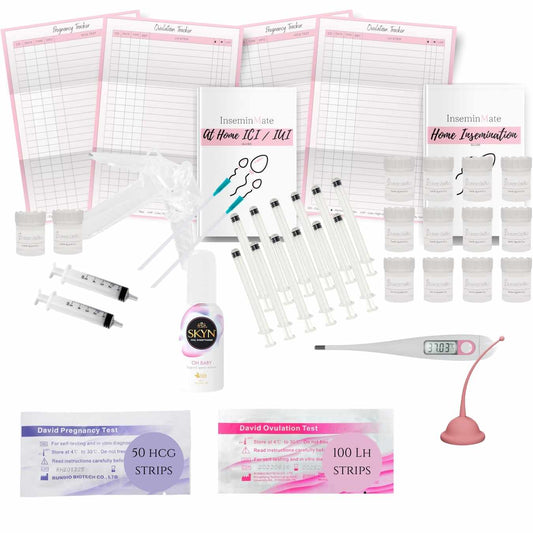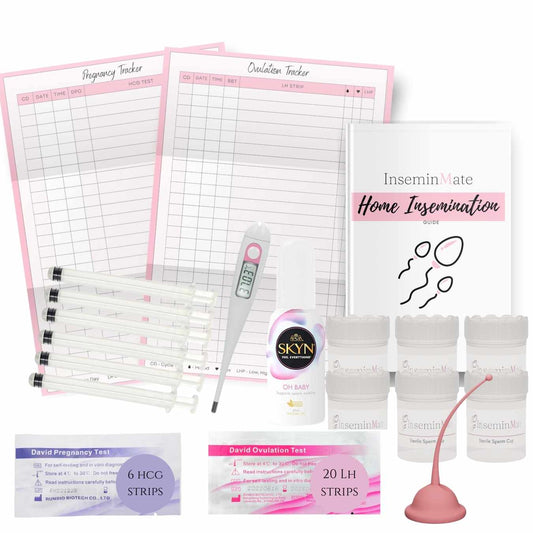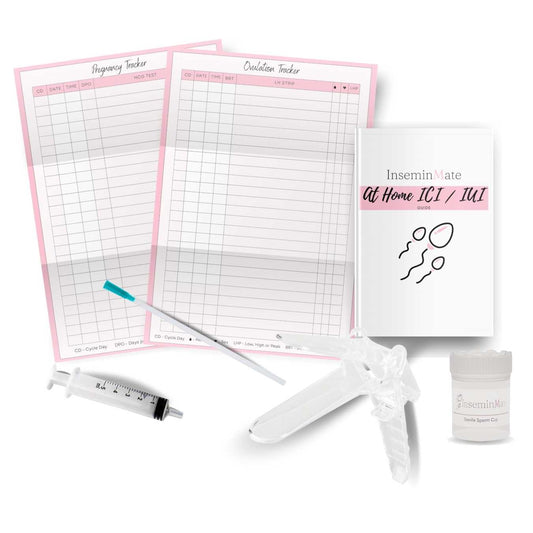Congratulations! You've reached the 36th week of your pregnancy, which means you're getting close to the finish line. At this point, you may be feeling a range of emotions, from excitement to anxiety. It's completely normal to feel this way, especially since you're so close to meeting your little one.
Here are some common symptoms you may experience during your 36th week of pregnancy:
-
Braxton Hicks contractions: These are practice contractions that your body goes through to prepare for labor. They're usually not painful and will come and go. However, if you experience regular contractions that are painful and don't go away, it's important to call your doctor.
-
Pelvic pressure: As your baby continues to grow, you may feel more pressure in your pelvic area. This is because your baby is getting ready to descend into the birth canal.
-
Shortness of breath: As your uterus expands, it can push up against your lungs and make it harder to breathe. Try to rest as much as possible and avoid exerting yourself.
-
Fatigue: You may feel more tired than usual during your 36th week of pregnancy. This is because your body is working hard to prepare for labor and delivery.
-
Increased vaginal discharge: As your body gets ready for labor, you may notice an increase in vaginal discharge. However, if you notice any unusual discharge, such as blood or a foul odor, be sure to contact your doctor.
-
Nesting instinct: You may feel the urge to clean, organize, and prepare for your baby's arrival. This is completely normal and can be a good way to keep yourself occupied as you wait for labor to begin.
It's important to remember that every pregnancy is different, and you may not experience all of these symptoms. However, if you have any concerns or questions, be sure to talk to your doctor.
As you approach the end of your pregnancy, it's important to start preparing for labor and delivery. Here are a few things you can do to get ready:
-
Pack your hospital bag: Make sure you have everything you need for yourself and your baby, including comfortable clothes, toiletries, and any necessary paperwork.
-
Write a birth plan: Consider what type of birth experience you want, and talk to your doctor about your options.
-
Attend childbirth classes: These can help you prepare for labor and delivery and give you a better idea of what to expect.
-
Install your baby's car seat: Make sure you have a properly installed car seat before you leave the hospital.
-
Rest as much as possible: As you get closer to your due date, try to get as much rest as possible to conserve your energy for labor and delivery.
Remember, the 36th week of pregnancy is an exciting time, but it's also important to take care of yourself and your baby as you prepare for labor and delivery.




